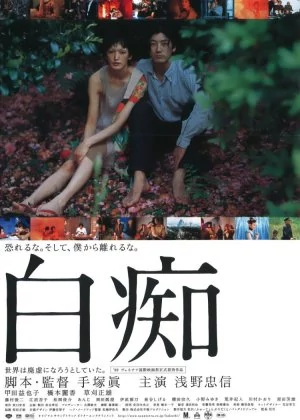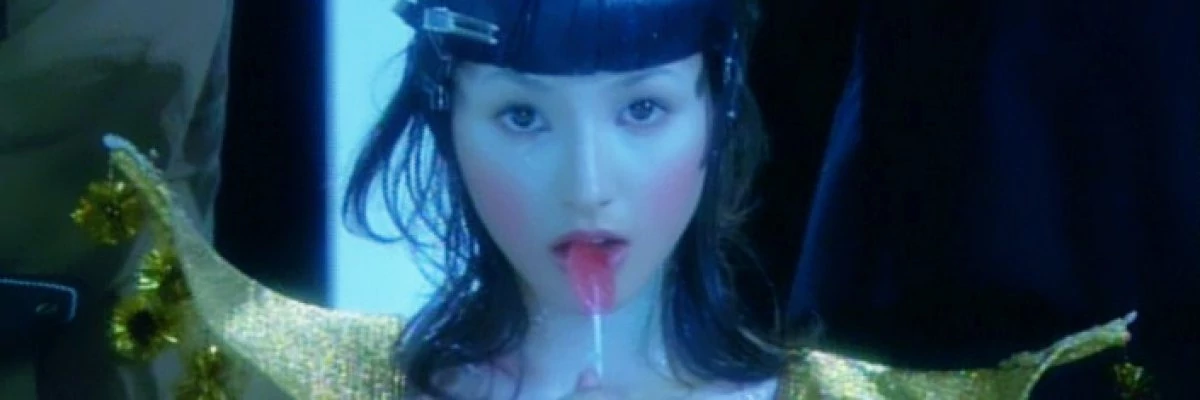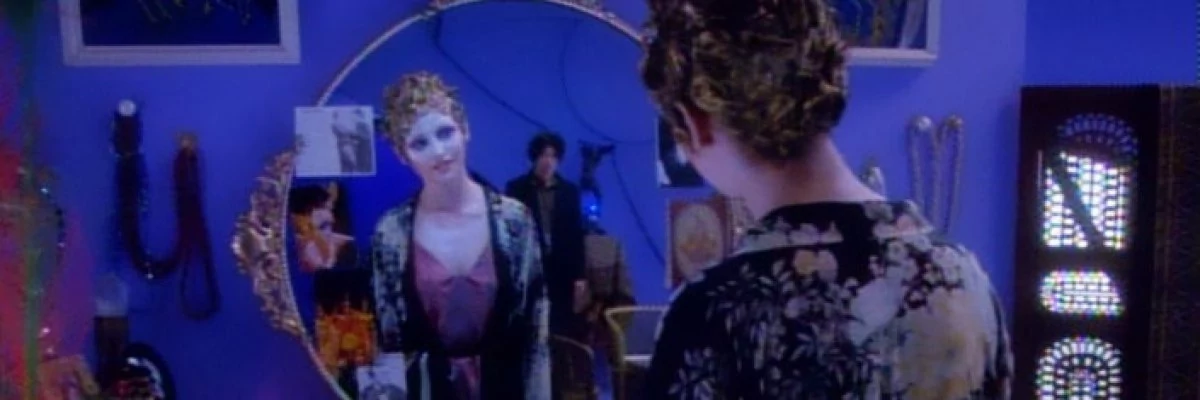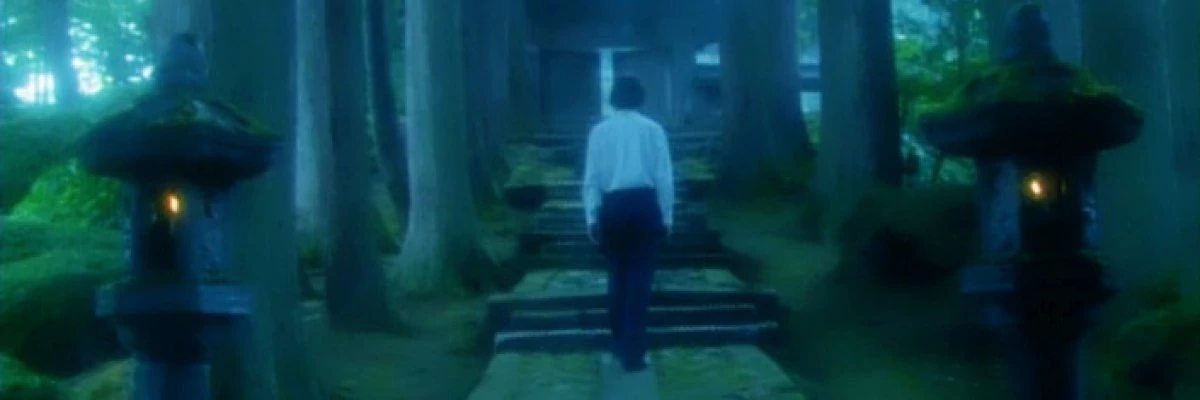Hakuchi: The Innocent
Movie details

Macoto Tezuka's Hakuchi: The Innocent is one of the films I watched very early on in my exploration of Japanese cinema. It was a pretty weird experience, one that intrigued me a lot, but which I found quite difficult to place at the time. I've kept fond memories of the film, but it wasn't until quite recently that I had the urge to watch it again. It was one of those films that would either disappoint and fade away into obscurity, or would come out an even stronger film than I'd remembered. Lucky for me, it was the latter.

Back then I had absolutely no idea who Macoto Tezuka was, neither did most other people, I assume. The son of famed manga author Osamu Tezuka was trying to carve a path of his own, but the world wasn't quite ready for his unique mix of pop, cult and arthouse. It wasn't until one or two years ago, when Third Window Films dug up The Legend of the Stardust Brothers and produced Tezuka's latest feature (Tezuka's Barbara) that he made his return to the international stage. I didn't even make the connection with Hakuchi back then, until I did a quick IMDb check for this film.
Twenty years later, it's pretty obvious why Hakuchi never grew beyond its niche appeal. It is a very odd film that tries to combine several genres that traditionally don't mix very well, target audience-wise. On the one hand Hakuchi is a somewhat grim and poetic drama, on the other hand it's a retro sci-fi fantasy that serves a pop-infused, alternative future. It lives on the edge where genre and arthouse meet, without wanting to make concessions on either side. No doubt this limits the audience of the film, but it's also a perfect cocktail for a cult favorite, so I'm pretty certain Tezuka's time will come.
The story revolves around Izawa, an aspiring writer/director who lives in the slums. He works as an assistant on the most popular TV show in the country, hoping he can move up the chain someday. The star of the show is intrigued by Izawa, but he doesn't really care for her attention, which irks her no end. Meanwhile, a mysterious, mute women living next door to Izawa has left her husband and made her bed in his closet. Between spending time with these two women, Izawa is having a really hard time making the most of his career.

Visually speaking, Hakuchi is an extremely interesting film. One that occasionally punches above its weight (with some best-effort CG moments as a harsh reminder), but still manages to bring Tezuka's vision to life. A more classical Japanese setting is heavily contrasted with colorful dashes of pop culture and attention-grabbing camera work and editing. It's a real shame then that no proper digital transfer exists. The rather dim and blurry transfers that are out there really don't do justice to the film's beautiful cinematography. Luckily a remaster is in the works, so hopefully this situation will soon be rectified.
The music is not quite as daring. It's a more modest selection of traditional film music, chosen uniquely to support a scene rather than help carry it. It's not a bad score mind. At times, it is quite effective (particularly during the finale) and it does help to ground the atmosphere, but as a whole it's just a bit too inconspicuous. There are one or two pop tracks that greatly contrast with the rest of the score, but they are in-scene, so they don't really make that much of an impression. Overall it's a quality score though, so no real complaints there.
The cast is pretty interesting, if only because it brings together Tadanobu Asano and Reika Hashimoto well before they featured as an onscreen couple in Sekiguchi's Survive Style 5+. Both actors do a great job here, though it might be Miyako Koda who leaves the biggest impression. Sadly her career never really took off, even so her part as the titular mute is the one that sticks to the brain. The secondary cast is on point too, no weak or off-key performances there, but nothing too memorable either.

Regardless of the different styles and elements on display, Tezuka keeps the film quite balanced throughout. The film's poetic, dramatic and pop culture elements alternate quite regularly and both reinforce and contrast each other to make the film better. While quite long, Hakuchi never really drags and builds up to an extremely satisfying finale. One that goes of the rails completely and is sure to puzzle, but also feels very appropriate and oddly fitting. No doubt it's all very divisive and not everyone will be able to hop on board, but for me everything worked very well together.
While the film has some minor problems, the most pressing ones should be resolved when the new remaster becomes available. Apart from that, it's mostly just a matter of taste and willingness to appreciate Tezuka's mad mix of elements. Ultimately, Hakuchi is quality film making, sporting a superb cast, a solid soundtrack and eye-popping cinematography. A slice of urban fantasy/retro sci-fi that mixes classic and contemporary cinema to great effect. If that doesn't sell it, the film is probably not for you, but it's one of those films that is unique and unconventional enough to deserve a fair chance.